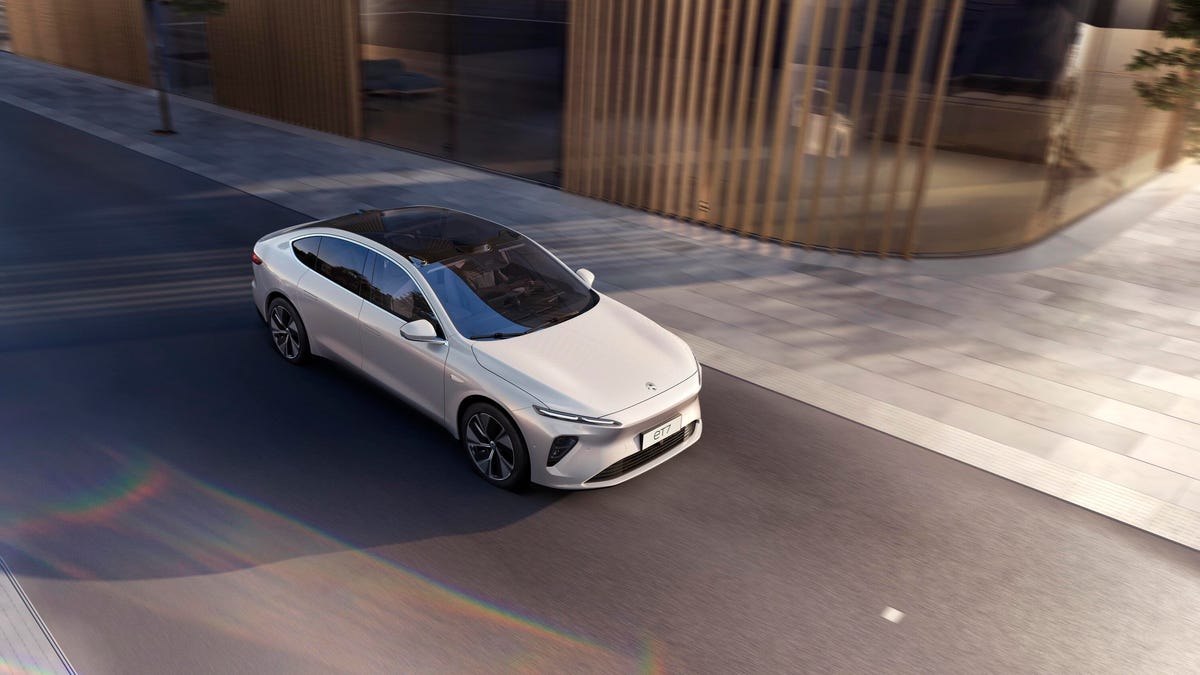China slashes New Energy Vehicle subsidies, will kill them by the end of 2022, report says
This change seems to contradict China's goal of having 20% of all its vehicle sales come from EVs by 2025.
China is a massive market for electric vehicles -- or, as they're known in the People's Republic, "New Energy Vehicles" -- and a large part of the reason for their popularity is the massive government subsidies that make the cars more affordable. According to a report published on Friday by Reuters, all of that is changing because the Chinese government is getting ready to slash those subsidies.
China will initially cut subsidies by 30% in 2022, which is bad, but it plans on phasing them out altogether at the end of 2022, which is worse. China began reducing its subsidies in 2020, with plans to drop them by 10% per year until 2022. This reduction would seem to be at odds with the government's plans to have NEVs make up 20% of all auto sales by 2025.
For comparison's sake, the US EV industry doubled in 2021, going from 1% of all vehicles sold to 2%, and while that upward trend looks likely to continue, it puts China's goals into perspective. For further context, Chinese car buyers bought upwards of 20 million vehicles in 2021, while the US only managed around 13 million, according to GoodCarBadCar.com.
Back in 2018, when the cuts to China's NEV subsidies first started being talked about in earnest, we speculated as to why its government would shoot itself in the foot when it came to EV sales. The conclusion that we came to was that it could be to stop NEV manufacturers from getting lazy and complacent once they got a foothold in the market, and this seems to be a plausible answer still.
What remains to be seen is whether the manufacturers of EVs will take this change in stride and use it as an excuse to improve the performance, safety and quality of their cars, or if they'll just hope that people will keep on buying, even at increased prices. We hope it turns out to be the former.


